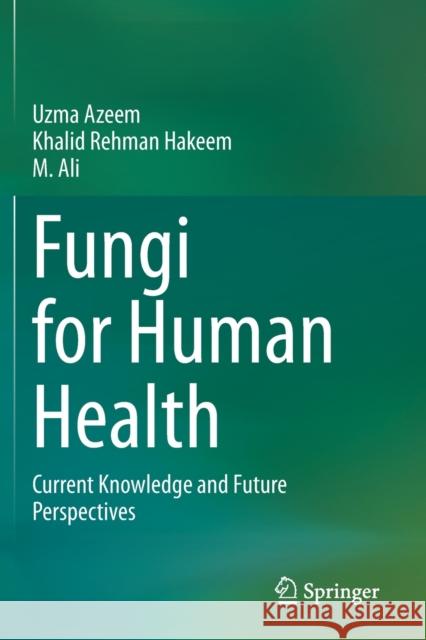Fungi for Human Health: Current Knowledge and Future Perspectives » książka
topmenu
Fungi for Human Health: Current Knowledge and Future Perspectives
ISBN-13: 9783030587581 / Angielski / Miękka / 2021 / 128 str.
Fungi for Human Health: Current Knowledge and Future Perspectives
ISBN-13: 9783030587581 / Angielski / Miękka / 2021 / 128 str.
cena 120,73
(netto: 114,98 VAT: 5%)
Najniższa cena z 30 dni: 115,63
(netto: 114,98 VAT: 5%)
Najniższa cena z 30 dni: 115,63
Termin realizacji zamówienia:
ok. 16-18 dni roboczych.
ok. 16-18 dni roboczych.
Darmowa dostawa!
Kategorie:
Kategorie BISAC:
Wydawca:
Springer
Język:
Angielski
ISBN-13:
9783030587581
Rok wydania:
2021
Ilość stron:
128
Waga:
0.19 kg
Wymiary:
23.39 x 15.6 x 0.69
Oprawa:
Miękka
Wolumenów:
01
Dodatkowe informacje:
Wydanie ilustrowane











